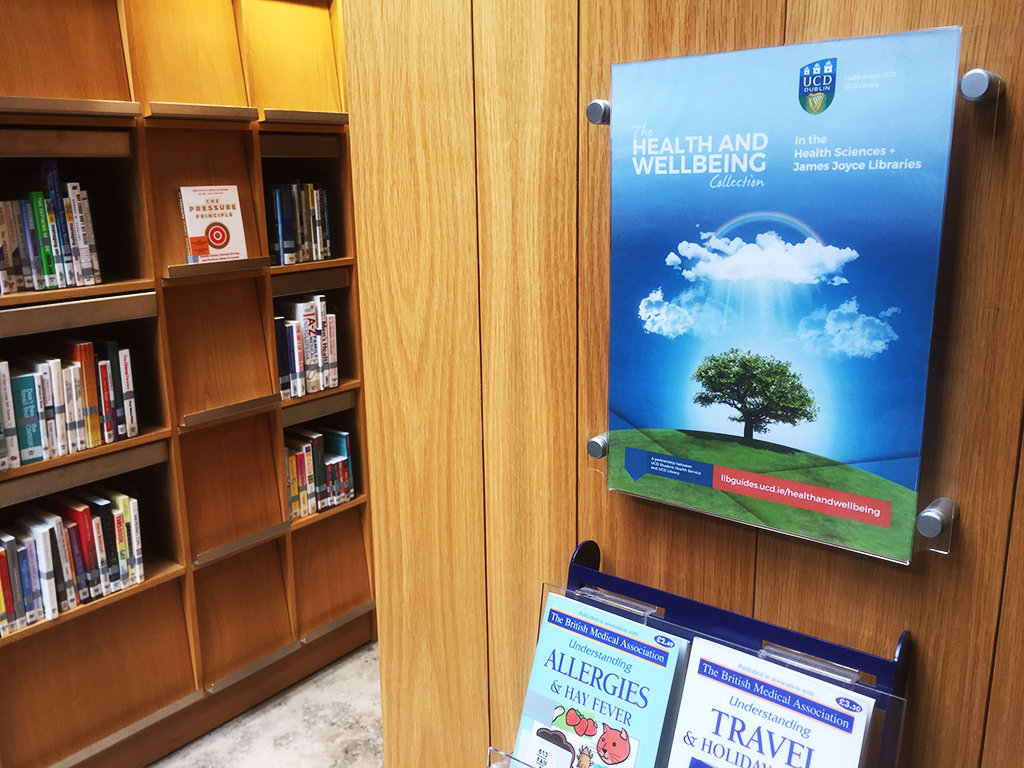Mental wellbeing is very important, minding it sets us up for success to deal with everyday tasks, overcome any difficulties and achieving the goals we have set ourselves. Minding our mental wellbeing can reduce anxiety, increase self-esteem, improve relationships, bring a sense of calmness and lead to clearer thinking.
What can I do to promote my wellbeing?
Sharing your feelings
Talking about how you are feeling and coping with stress and anxiety helps maintain good mental health. Speaking with someone you trust, will lift the heavy load off your mind, bringing a sense of relief. It’s normal to be afraid or feel embarrassed for speaking about how you feel but don’t be. The ones you love are there to listen and help you. If you are not comfortable with sharing how you feel with someone just yet, write them down in a journal. It can be helpful talking to someone impartial - there are many supports available in UCD to help you when needed.
Stay active
Exercising regularly can improve concentration, clears the mind, and boost your self-esteem. Not only does it make you feel good, but it keeps your vital organs healthy and functioning adequately.
- 30 minutes of exercise every day is recommended to maintain good mental and physical wellbeing.
- 30 minutes of exercise can be done in 3 x 10-minute bouts across the day, meaning you do not have to do the full 30 minutes all in one go.
Find out more about ways to keep active on campus.
Stay in touch
Technology has blessed us with the ability to ring, text, face time, skype and zoom our friends and family. Keep in touch with them, they are only a call away. Speaking to your friends and family will lighten your mood and may even brighten up their day.
There are also ways to connect on campus through joining a UCD Club or Society, there are lots of options to choose from.
Take up a hobby
Doing something you love can reduce stress and takes your mind away from it for a while. The list of things you can do is endless:- cycling, running, swimming, working out, painting, reading, playing a musical instrument...and can bring a sense of achievement and increase self-esteem.
There is something for everyone in UCD - check out a UCD Club or Society to see what might interest you.
Staff clubs and groups offer a great opportunity for employees to connect with each other.
Reduce screen time
We all know the effects of doom scrolling - taking breaks from devices regularly throughout the day can help with feelings of overwhelm. Avoid all screens at least 30 minutes before you plan to sleep. Instead of using the phone or watching tv, grab a book, write in a journal, or listen to music and wind down.
Mental Health is important and should not be neglected. If you are struggling with exam stress, have lost interest in things you love or don’t feel like yourself, remember things will be ok. Speaking about how you feel is not a sign of weakness, coming forward and asking for help takes courage and shows strength.

